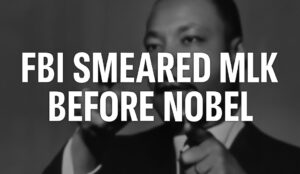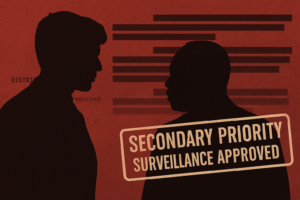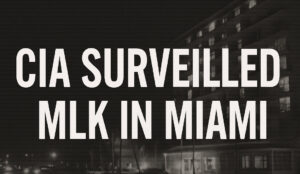On May 1, 1961, Antulio Ortiz Ramirez forced a National Airlines plane from Florida to detour to Cuba.
Though the passengers and aircraft returned safely, Ramirez remained behind-sparking a criminal case that would take over a decade to close.
A newly reviewed memorandum reveals how the U.S. Justice Department, the CIA, and the FBI handled the hijacking and its aftermath.
It also shows how Ramirez’s case became relevant again during the investigation into the assassinations of JFK and Martin Luther King Jr.
🕵️ From Hijacker to Federal Fugitive
Soon after the hijacking, a federal grand jury in Miami indicted Ramirez for multiple crimes:
- Assault
- Transporting a kidnapped person
- Transportation of a stolen vehicle
These charges stemmed from Ramirez’s hijacking of the plane-legally classified as both a kidnapping and a theft.
Despite being at large for 14 years, Ramirez was apprehended at Miami International Airport on November 21, 1975, arriving from Jamaica.
He confessed to the hijacking and pleaded guilty in March 1976.
He received a 20-year sentence for kidnapping.
🗃️ Accessing Classified Files
In 1977, while the House Select Committee on Assassinations investigated the deaths of JFK and MLK, it requested Justice Department files on Ramirez.
The committee’s interest may have been linked to potential intelligence connections or travel patterns relevant to their inquiry.
Some of the files included a Secret FBI report titled "Antulio Ramirez Ortiz, Internal Security – Cuba," written in July 1961.
The memo confirms that the CIA was asked to evaluate whether their classified content should remain secret.
This shows Ramirez’s case was not only criminal-it touched on national security and inter-agency intelligence coordination.
🕳️ A Name Reappears in History
The Ramirez hijacking may seem isolated today, but in the Cold War context, it intersected with:
- U.S.-Cuba tensions
- Airspace vulnerability
- Suspicions about foreign influence in domestic unrest
That the House Assassinations Committee found it relevant enough to probe further highlights the breadth of their investigation-and the lingering questions about Cold War-era operations and intelligence.






